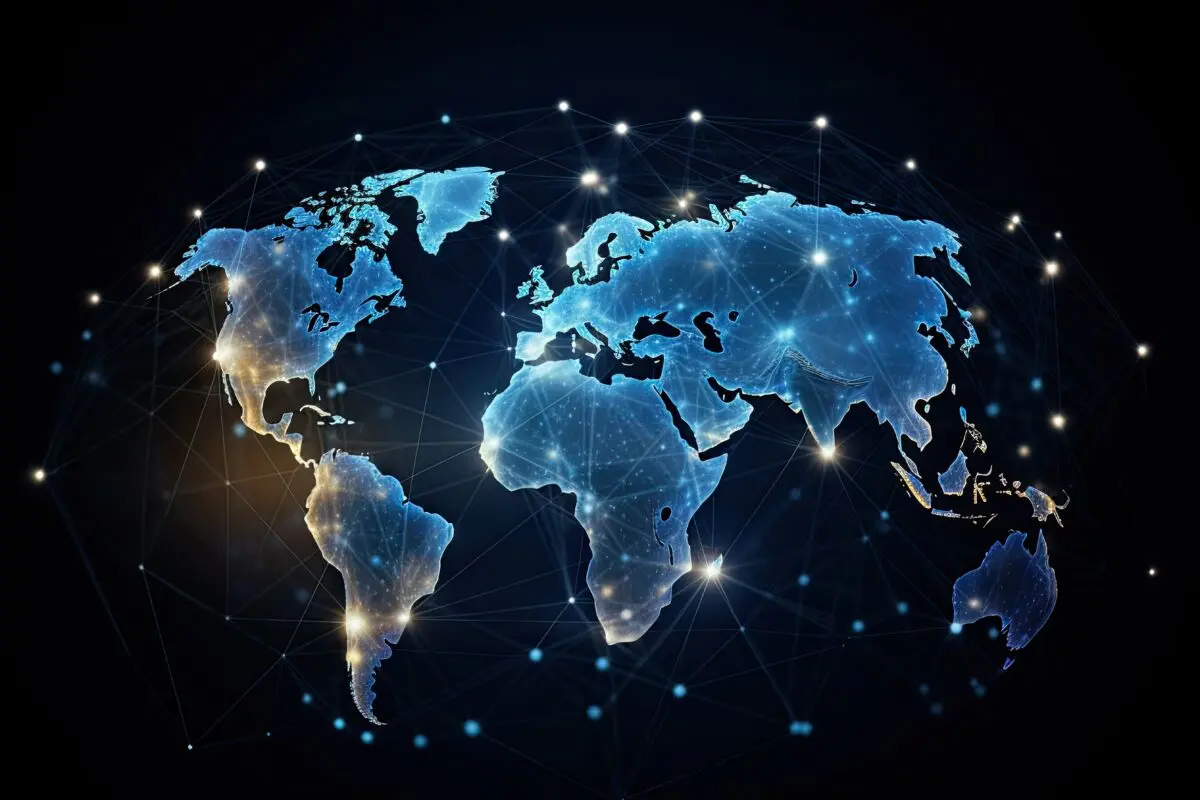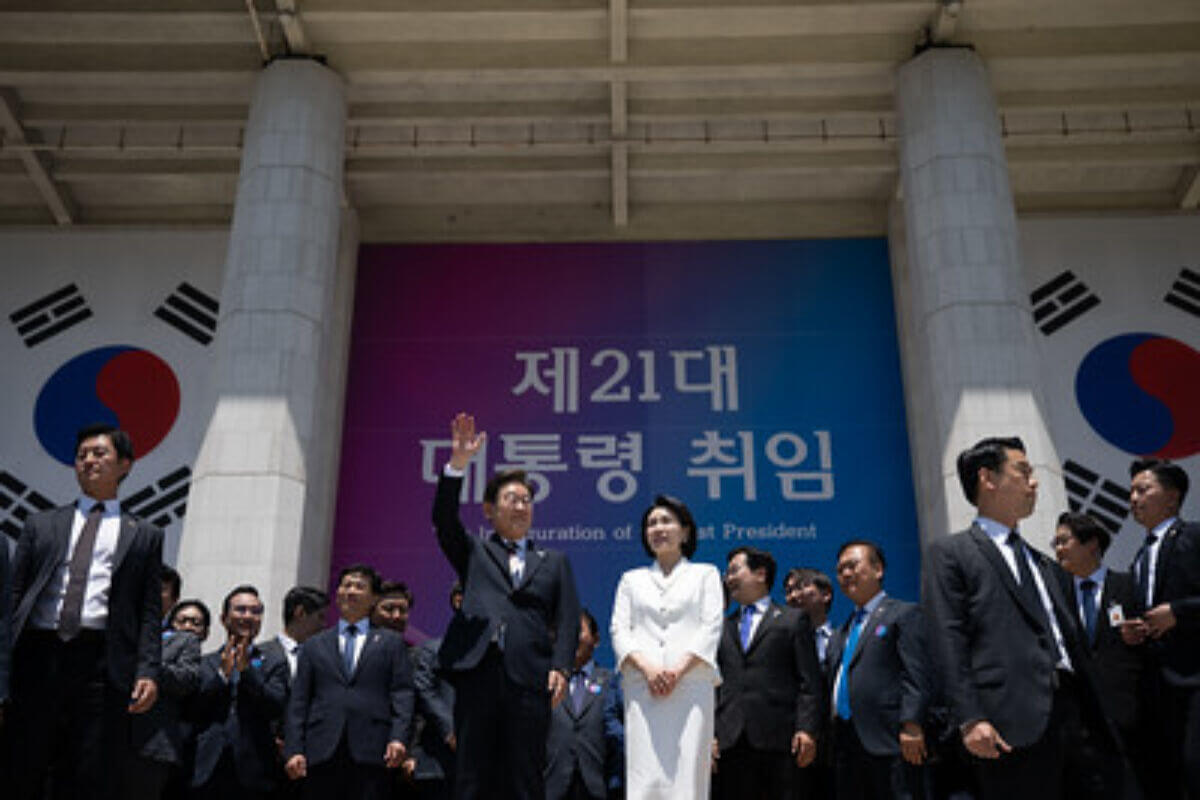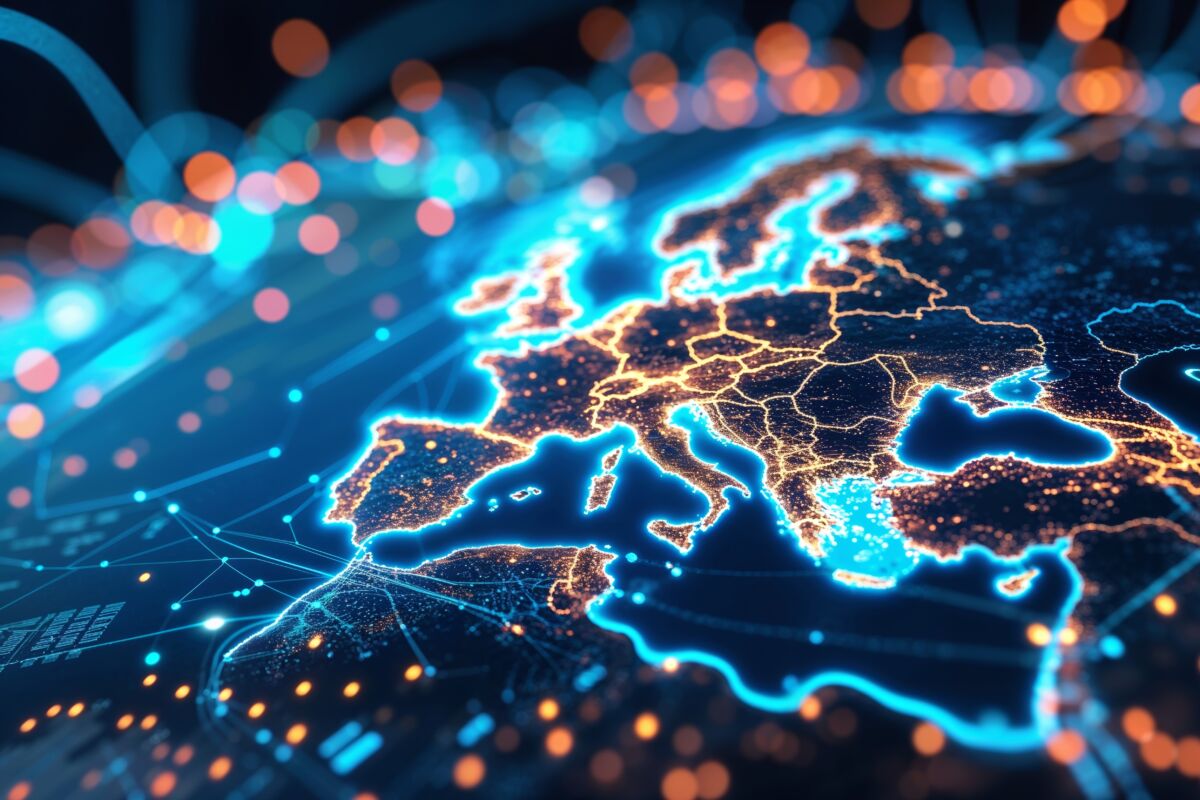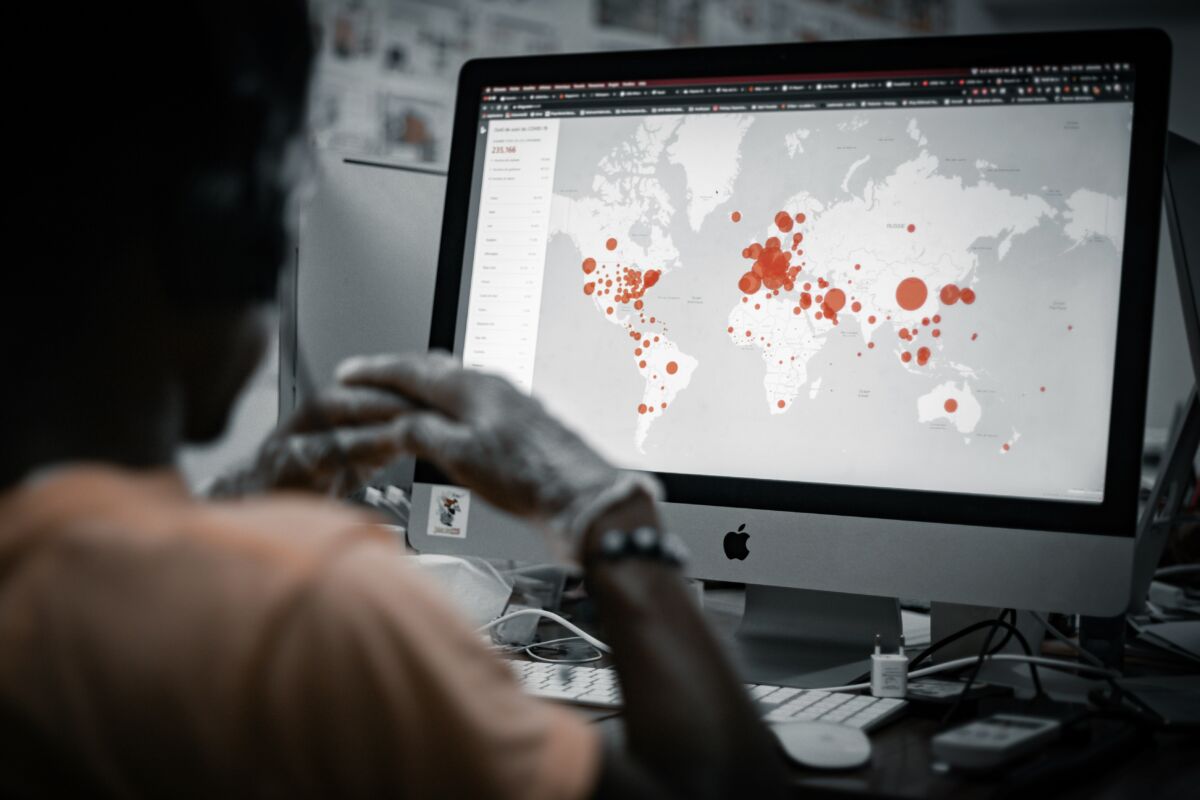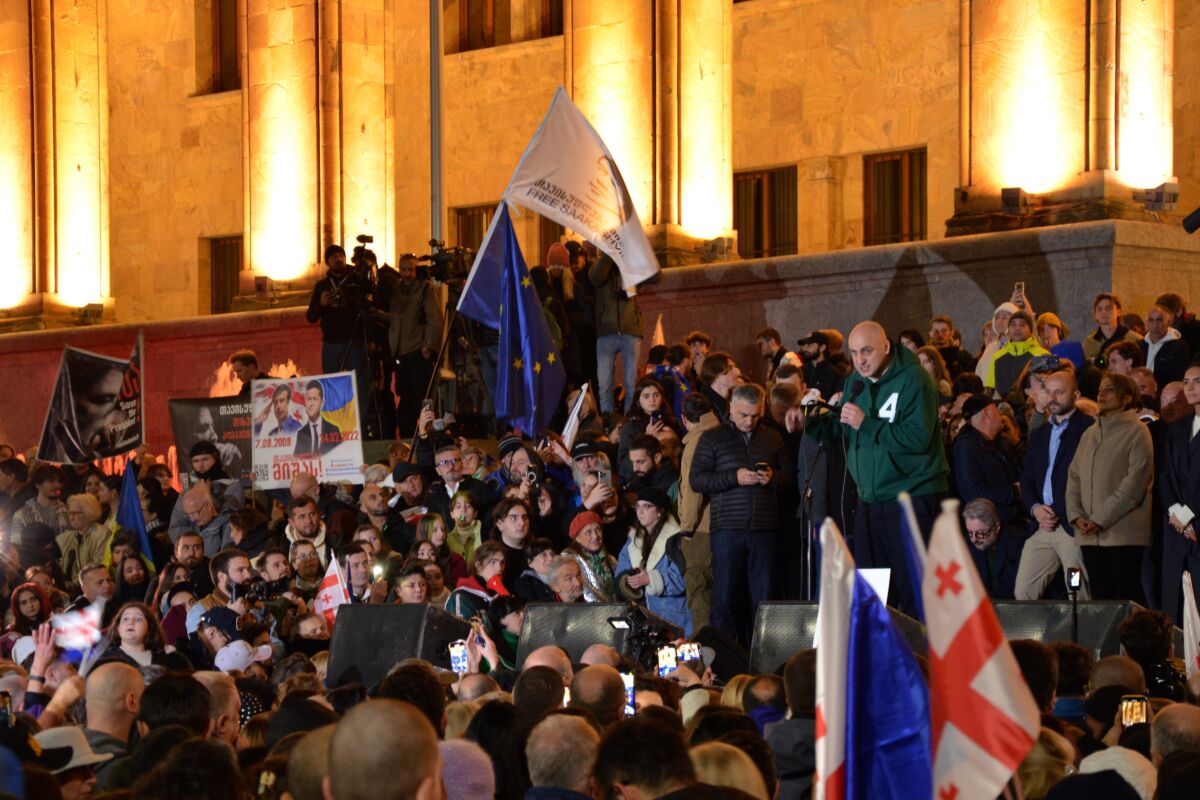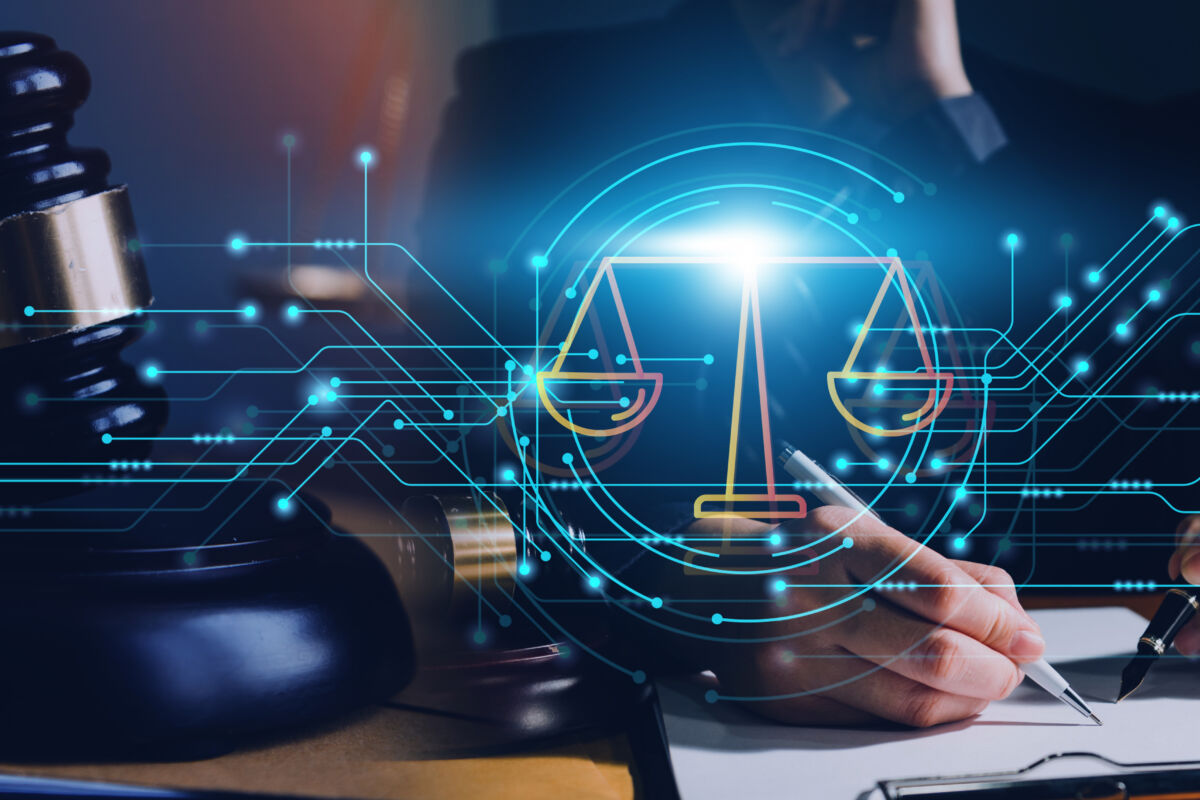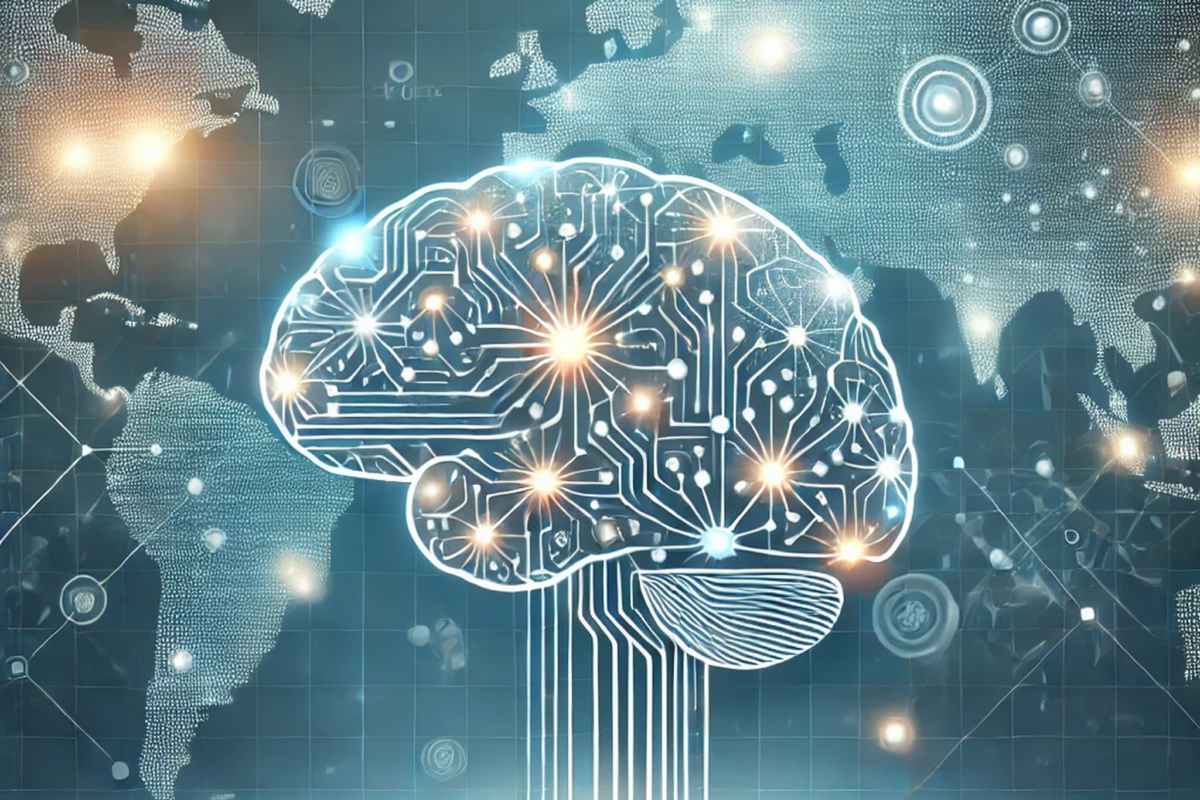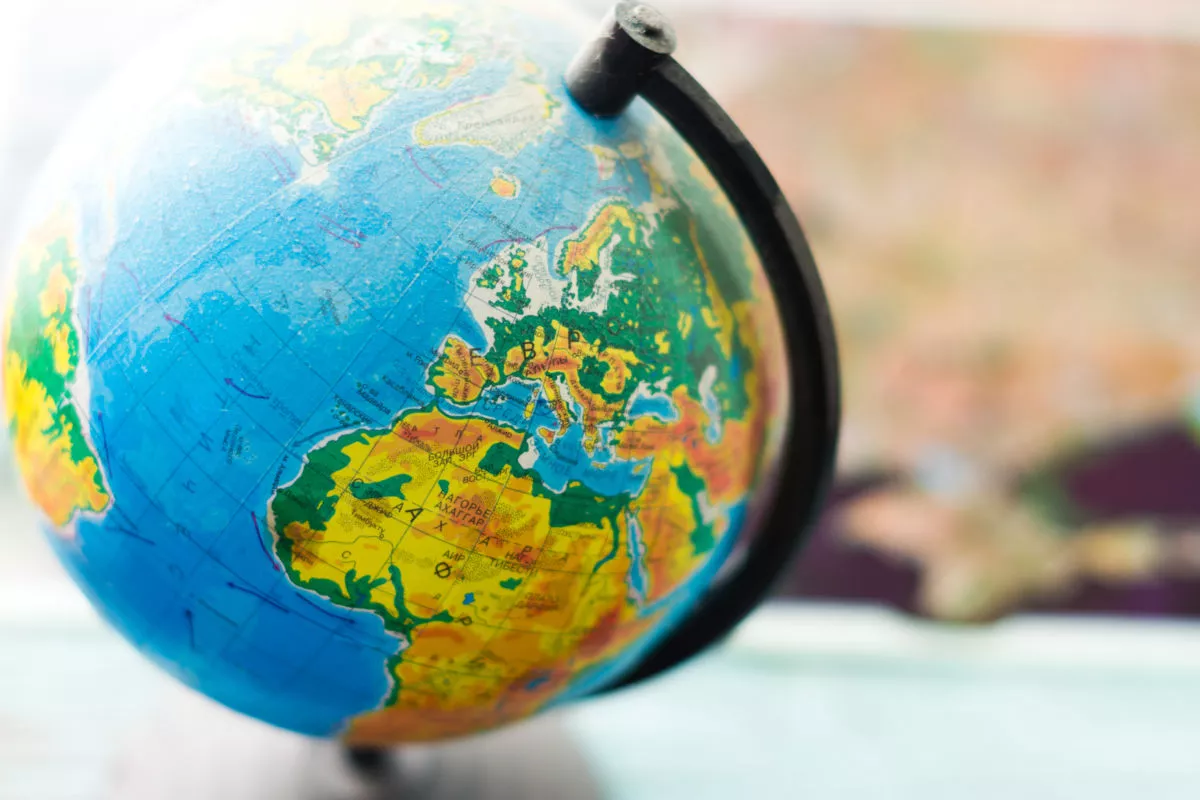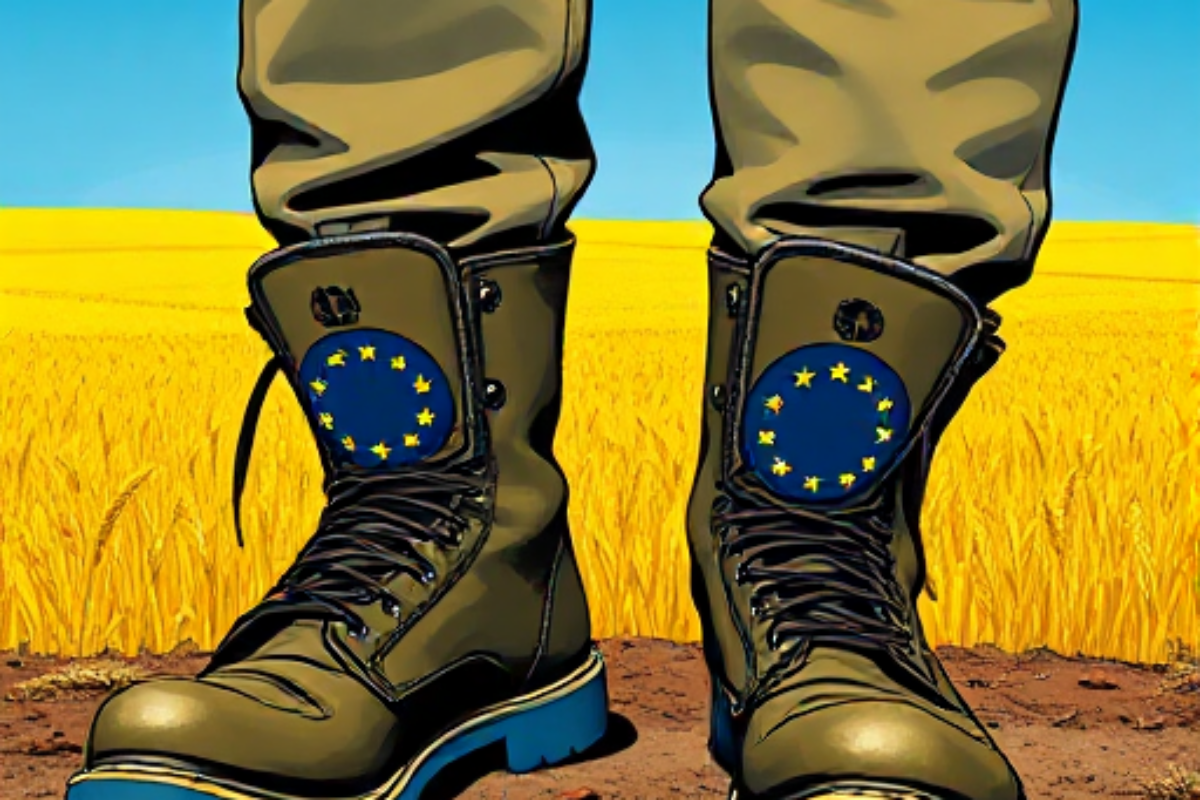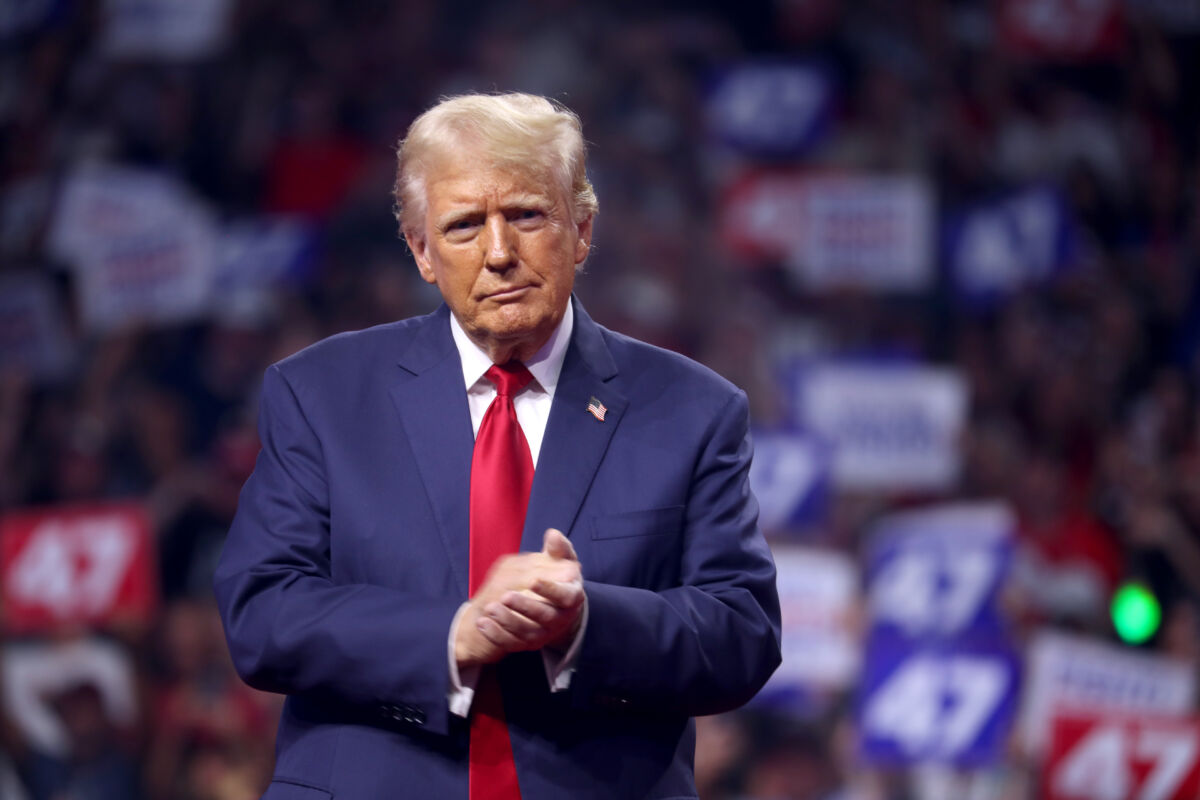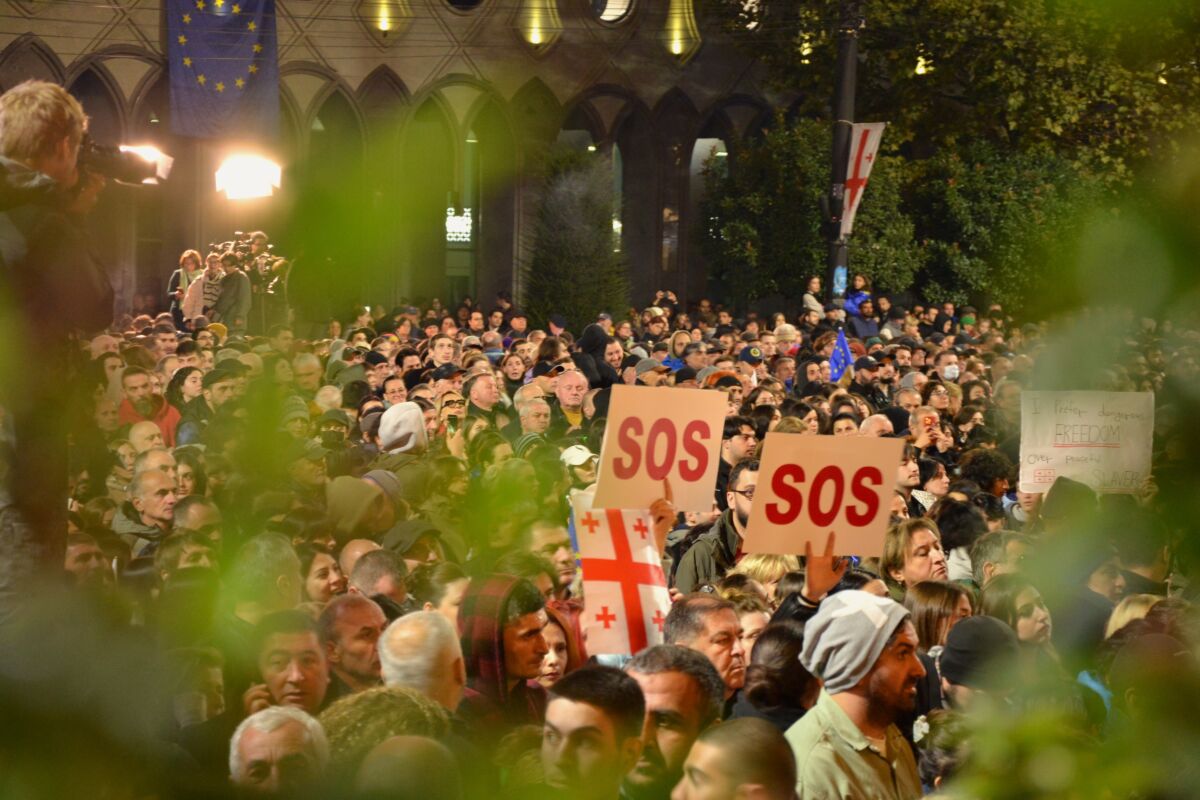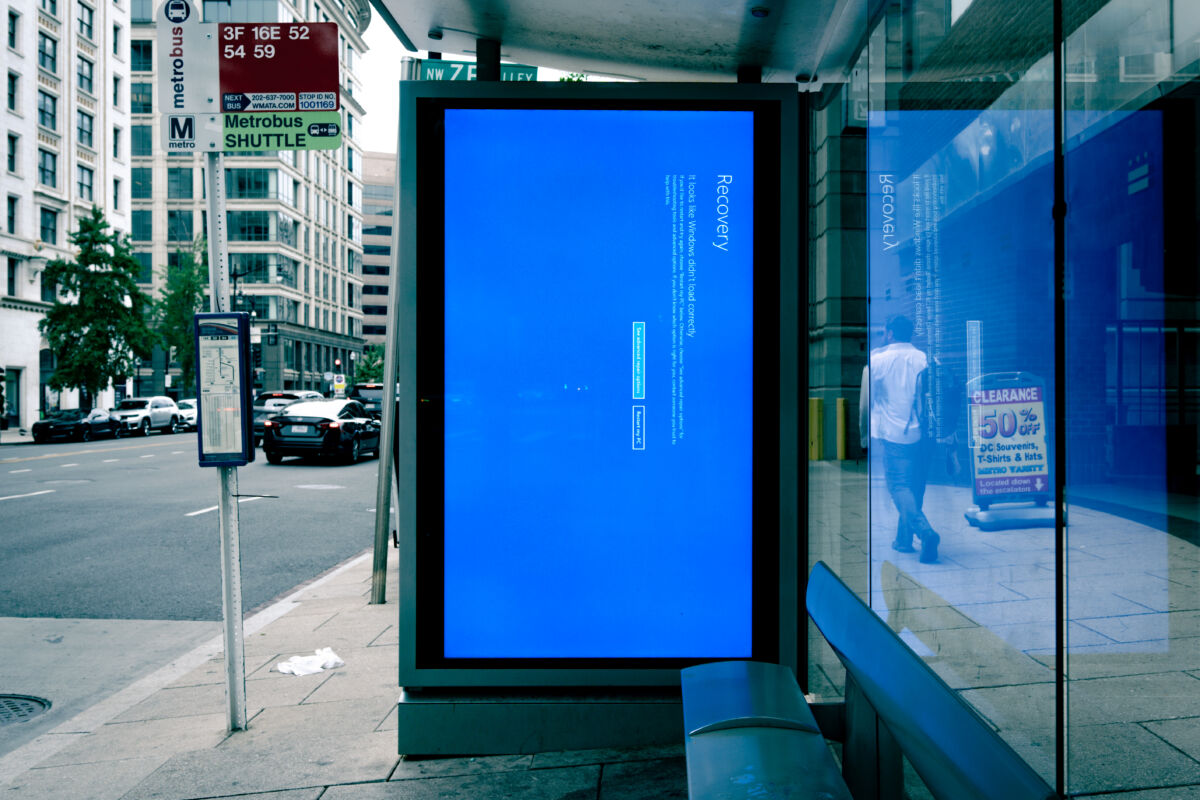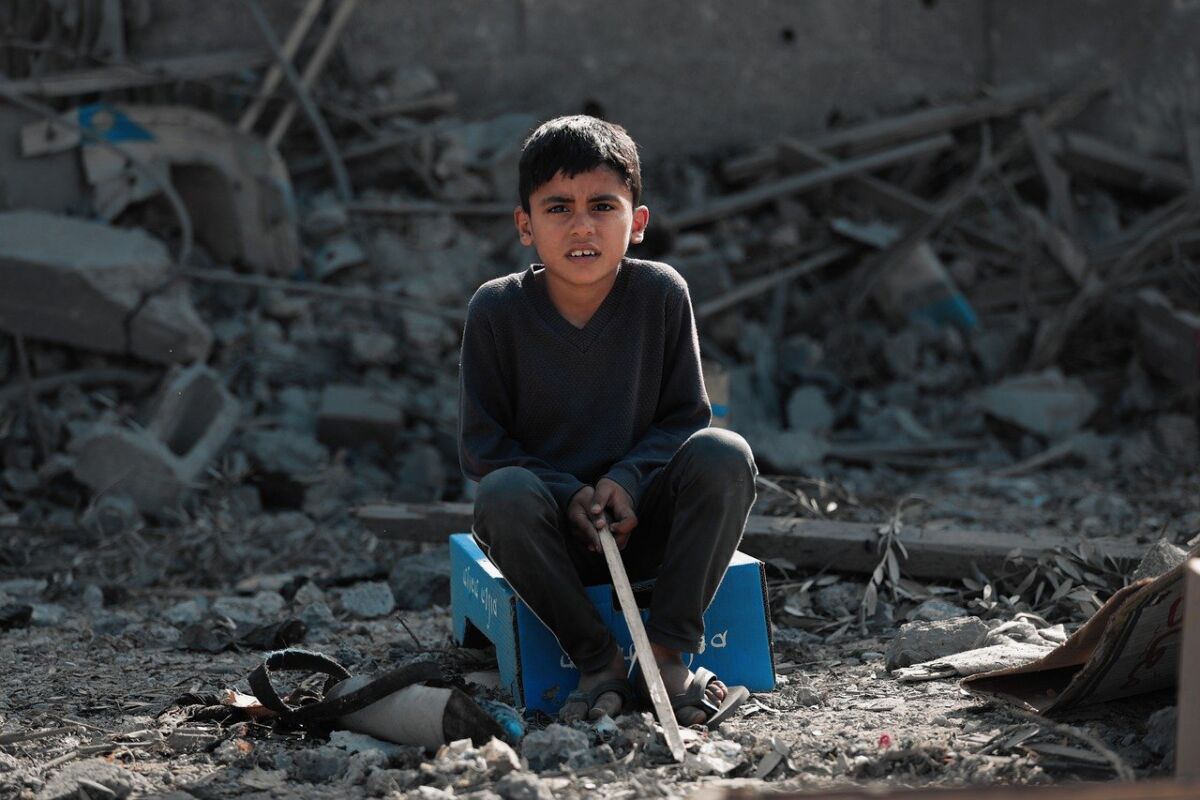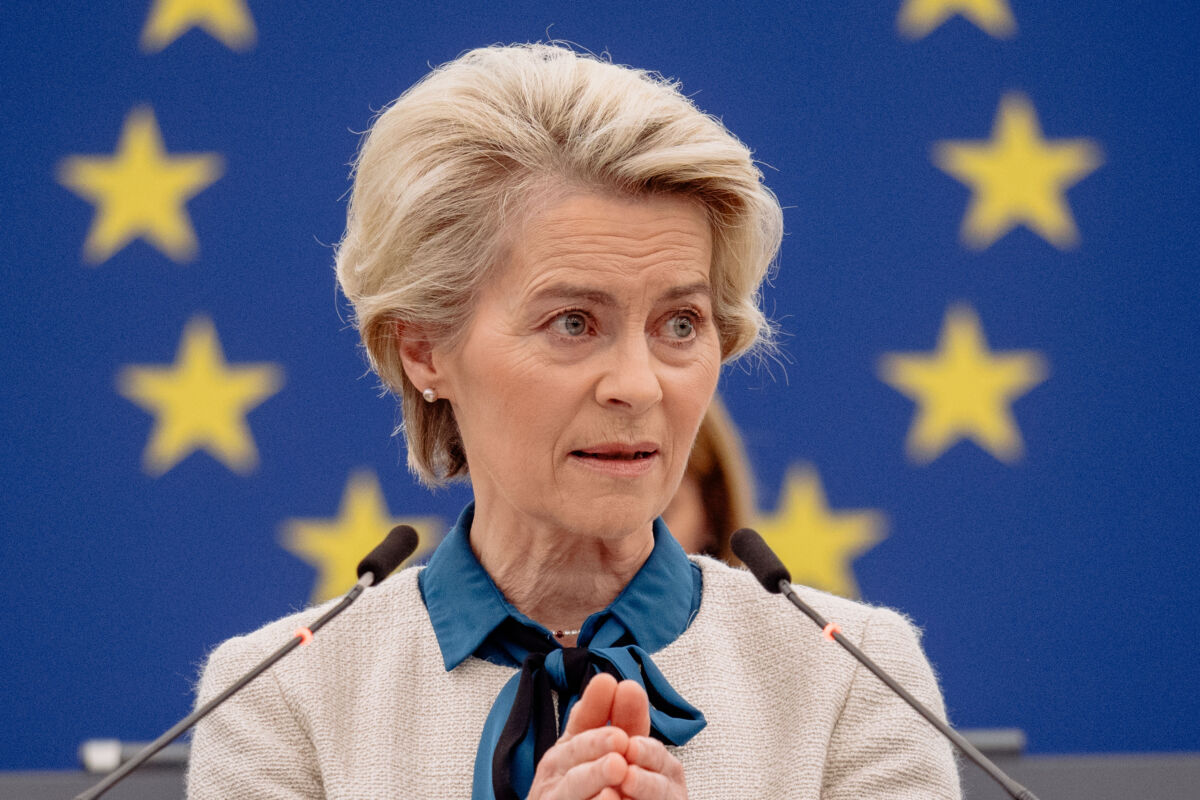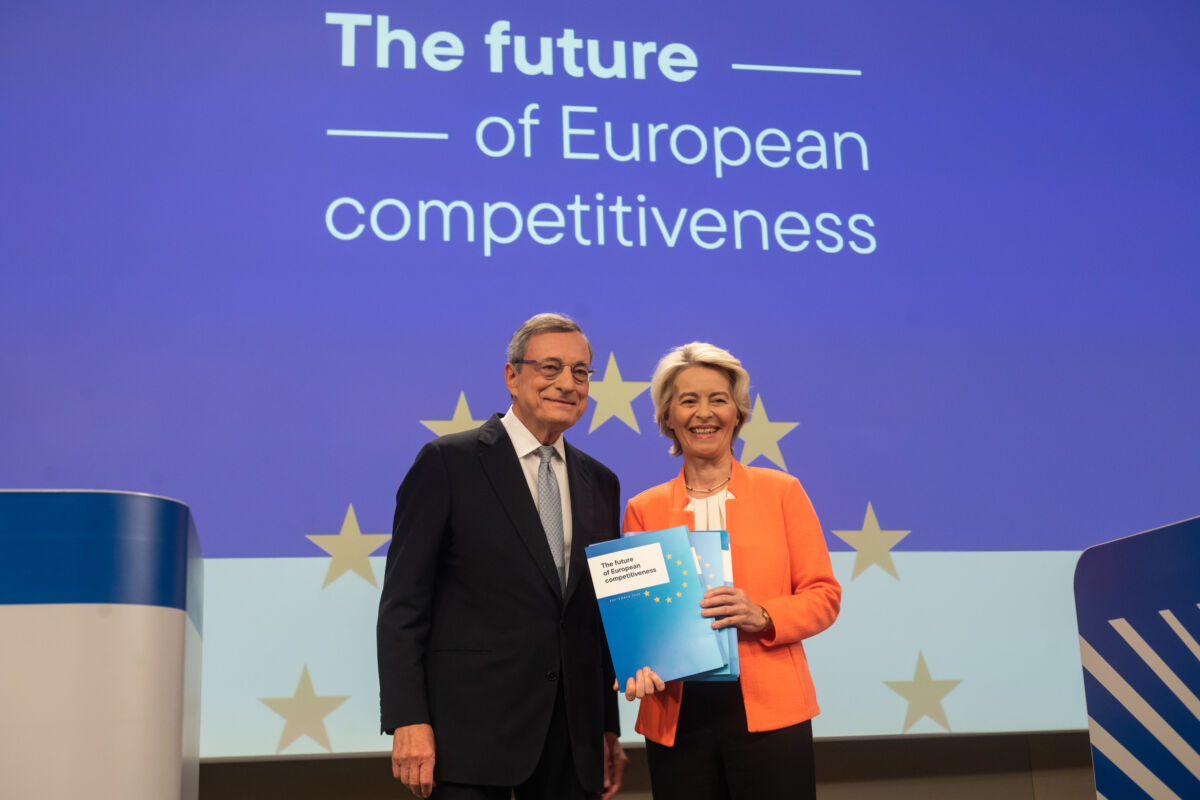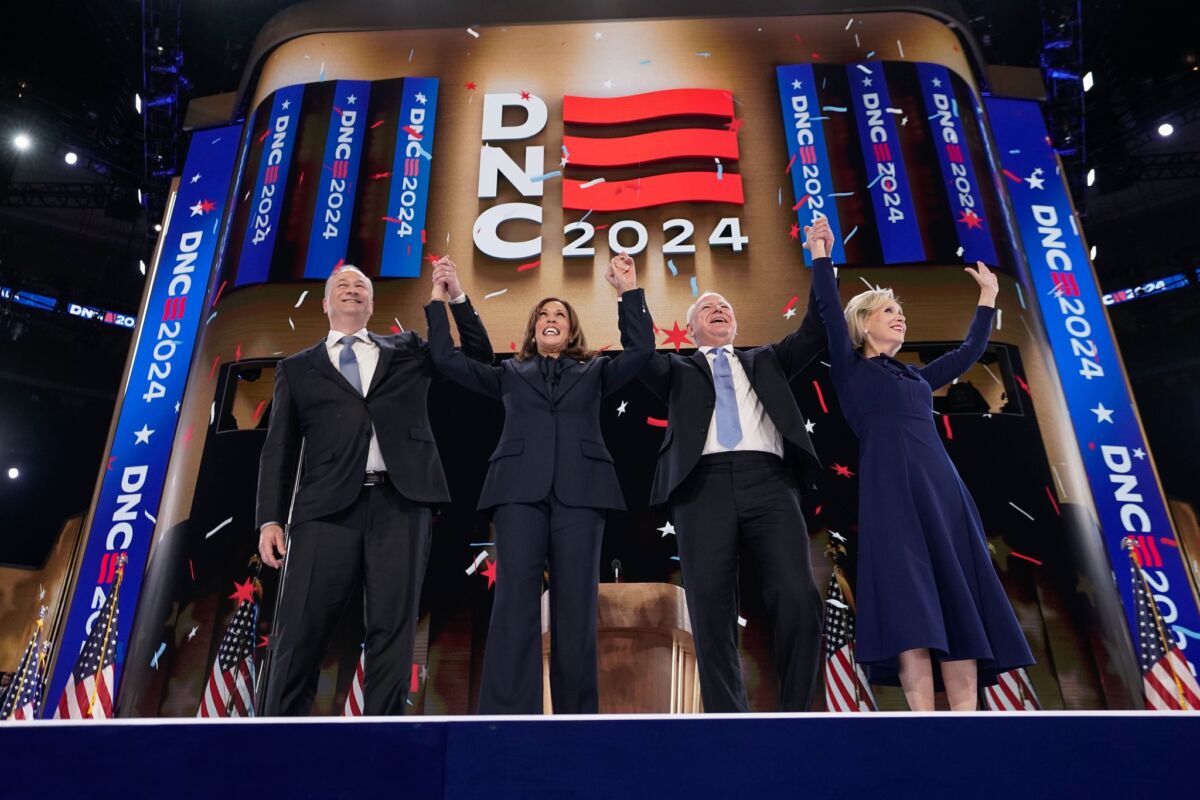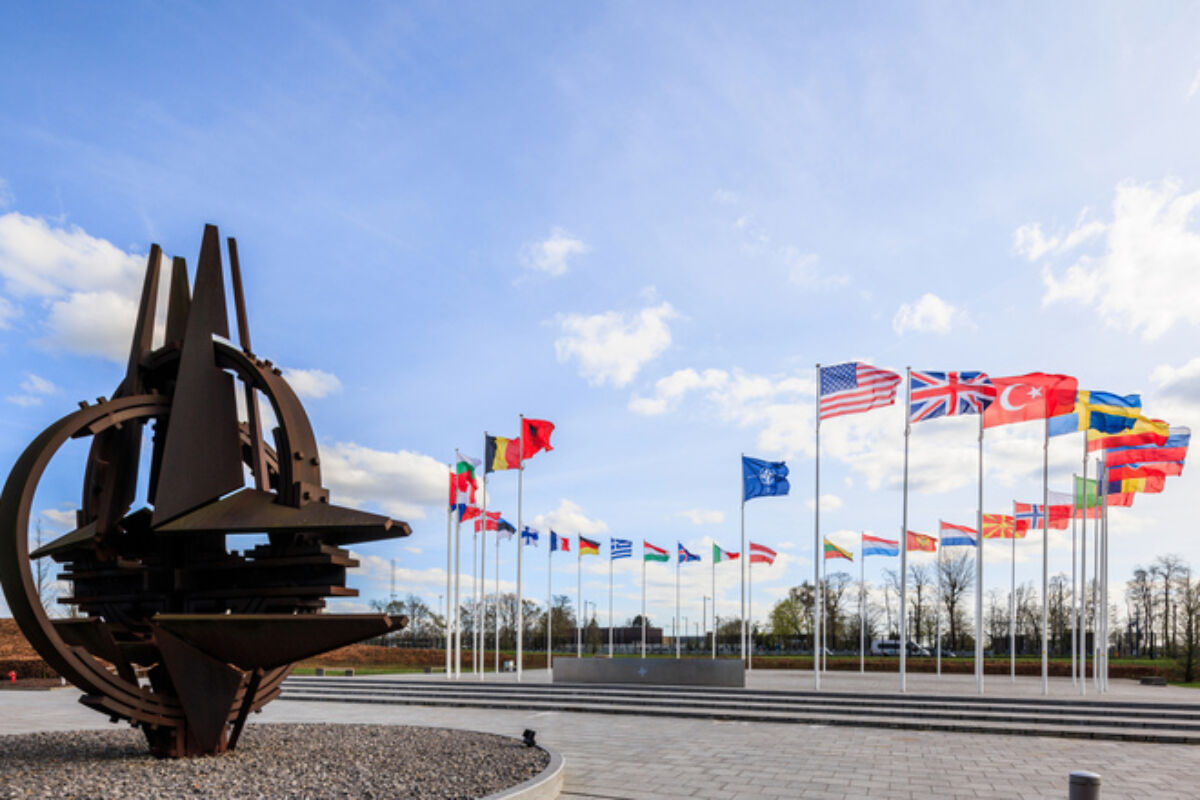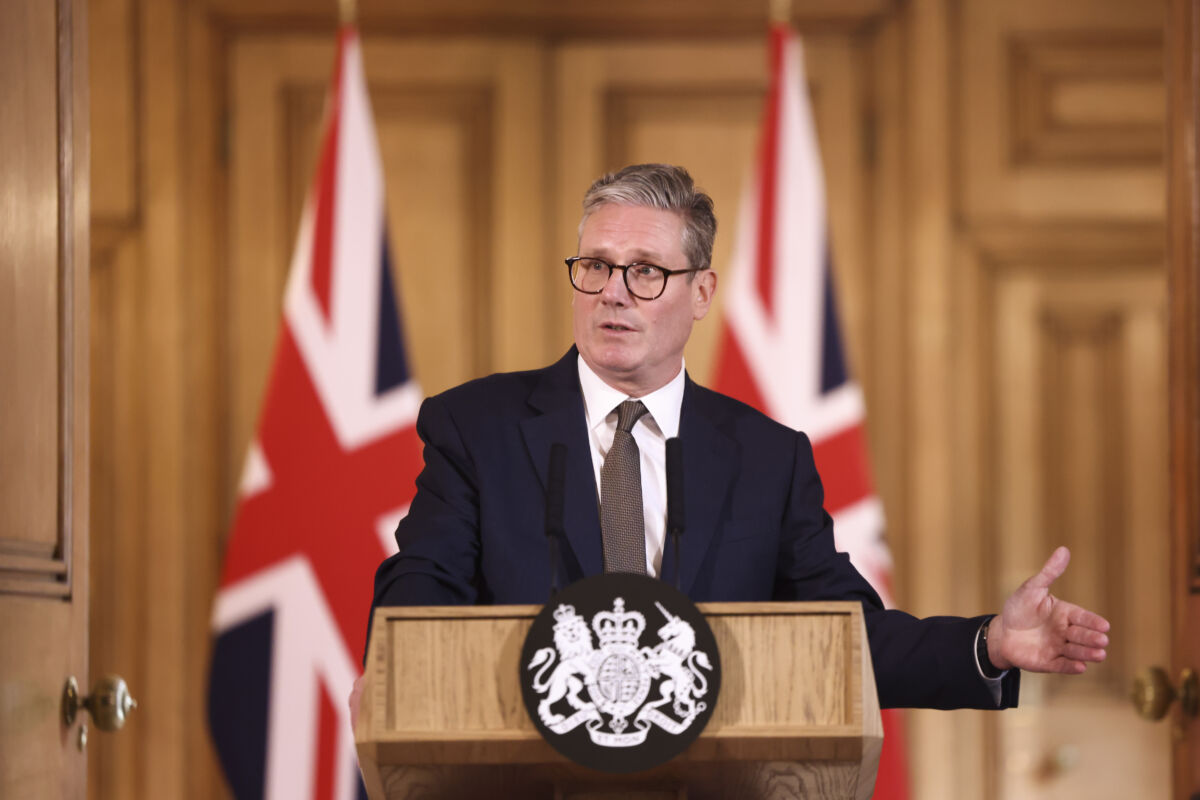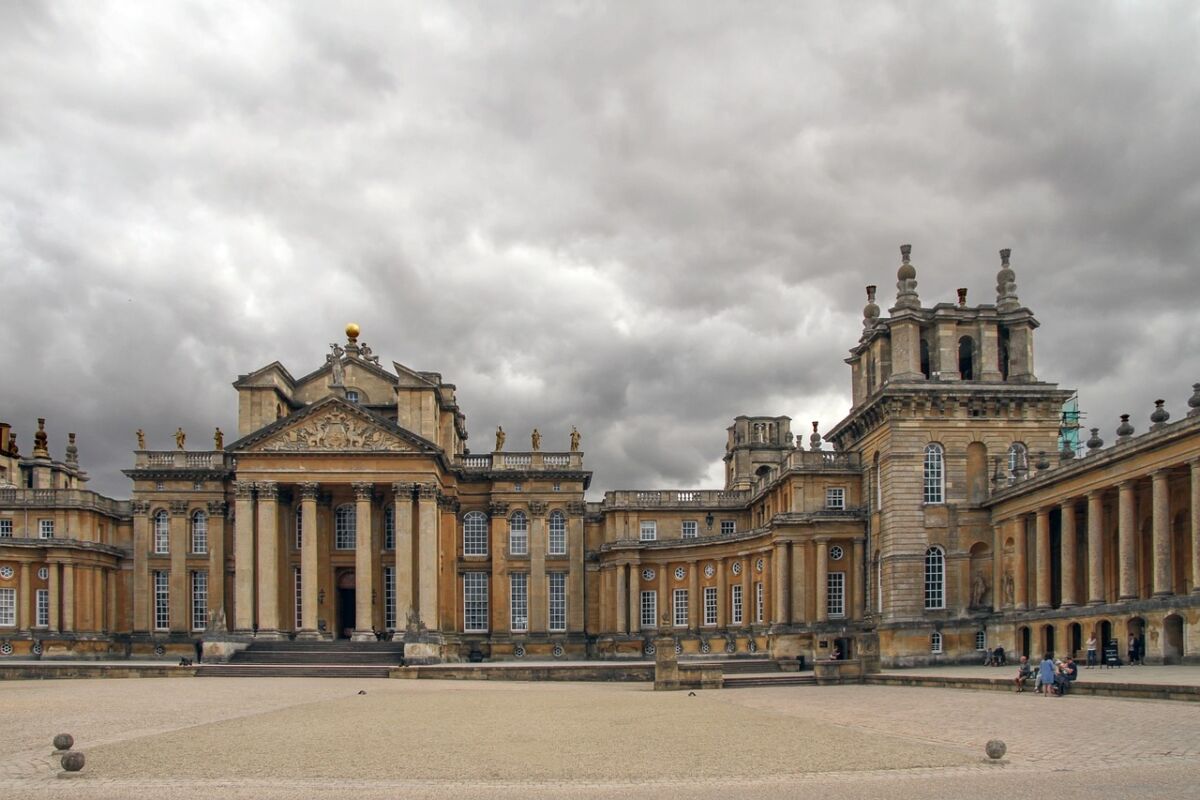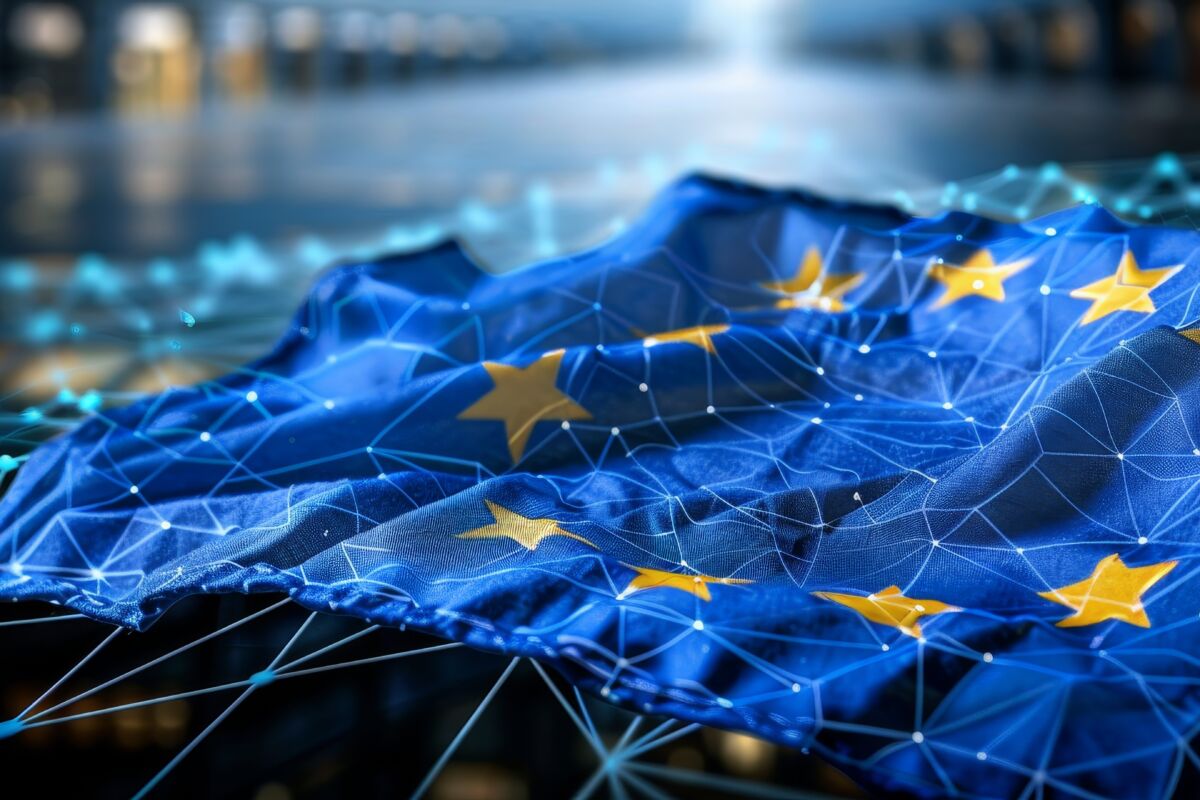Digital technology is often accused of enabling surveillance and abuse. From China’s Big Brother social credit system to Silicon Valley’s surveillance capitalism, experts have warned of the enormous power that governments and large platforms can gain by controlling online content. Yet it would be a mistake to call the technology itself responsible.
Rather, its malicious design and use is to blame – a well-designed, digitally-enabled democratic process can actually protect and empower citizens in the face of corrupt or rotten institutions. In short, technology is both a problem and a solution when it comes to protecting democracy. It can allow non-democratic regimes to claim they won an election, even when they clearly didn’t; or it can help bring the truth to the surface, proving that the king isn’t wearing new clothes and is actually stark naked.
Enter Venezuela
The first country to adopt electronic voting in 2004, Venezuela has descended into a theatre of spectacular malpractice over the past two decades, first under Hugo Chavez and then Nicolás Maduro. The country, once among Latin America’s most prosperous, has plummeted into a spiral of violence, populism and economic distress.
Pernicious mismanagement led to unprecedented inflation, a thriving narco business, a crackdown on civil rights and eventually a massive exodus of roughly 8 million citizens (almost a third of the population). Today, Venezuela has collected a number of non-enviable gold medals, including on corruption, crime and the rule of law.
One could argue that Venezuelans should have simply voted out their elected leaders. In fact, the country has held a record number of elections, especially since Hugo Chavez rose to power in 1999, and even more since the 2004 Recall referendum. Yet things aren’t that easy – as leading independent research centres and authoritative scholars have found, every election over the past two decades has seen irregularities and fraud, as well as the prosecution, incarceration and torture of thousands of political opponents and ordinary people.
In all this, the fully digitised (and very controversial) voting system didn’t increase transparency and accountability. With Maduro being at once candidate and in control of the National Electoral Council (CNE), any recount was destined to be a farce. This has happened in all recent Venezuelan elections, under the watchful gaze of astonished international observers and as part of a heavily polarised geopolitical quest, where supporting Maduro also meant opposing the US and the ‘West’.
A similar atmosphere accompanied the run-up to the 28 July election, where the leading opposition figure – the highly popular Maria Corina Machado – was arbitrarily excluded and eventually replaced by Edmundo Gonzales Urrutía. When Venezuelans went to the polls, Maduro quickly announced his victory with 51.2 % of the vote. Machado then claimed independent counts would award victory to Urrutía with around 70 %. Despite the initial endorsement by powerful world leaders such as Xi Jinping and Brazil’s Lula, the world started to worry when – several weeks later – no electoral records proving Maduro’s victory had been provided by the government.
Digital technology to the rescue
For the 28 July election, Maduro’s rivals were able to prepare a ‘meticulously planned’ counter-strategy, having guaranteed that opposition-accredited observers would be present at each of the over thirty thousand voting counts. Then each observer took photos of the voting rolls and later uploaded them in a digitally scanned format that was easily accessible and verifiable by each and every citizen through a QR Code. Each code leads to a sequence of numbers that identify the state and the voting centre, and the exact number of votes for each party and candidate.
In the election’s aftermath, the opposition collected the rolls produced by the voting machines before they were sent to the CNE in Caracas. Gradually, Venezuelans were able to rebuild 83 % of all voting rolls and they were uploaded onto a dedicated website, showing that Urrutía had clearly won with roughly 67 % of the votes, against Maduro’s 30 %.
Growing evidence of Maduro’s defeat led hundreds of thousands onto the streets of Caracas and hundreds of other cities inside (but also outside) Venezuela, despite facing harsh repression by the local militia. Most statues of Hugo Chavez were toppled and dismembered, and the last one standing is being heavily defended by the army.
Compared to past elections, this time it may be much harder for Maduro to claim a legitimate victory. A lack of basic transparency and integrity was also highlighted by the Carter Center (previously quite close to the government) and an interim report of a UN Panel of Experts invited by the CNE to assess the elections’ overall conduct within the framework of the 2023 Barbados Agreement. This, alongside ongoing mass protests (and deadly repression), finally caught global political leaders’ attention.
While the Organization of American States (OAS) failed to take an immediate clear stance due to Brazil and Colombia abstaining, on 17 August OAS countries agreed that Maduro should produce the evidence to prove his victory. The EU also called for ‘further independent verification of the electoral records, if possible by an internationally reputed entity’. High Representative Josep Borrell was even clearer on 19 August, stating that Venezuela is likely to enter a serious crisis if Maduro doesn’t produce the evidence.
Lula also refused to recognise Maduro as the winner until the rolls are made public and hopefully Xi will eventually follow suit. On 23 August, 10 Latin American countries and the US called for an ‘impartial and independent audit’ of the vote.
The silver lining to Venezuela’s struggle
In a land of realismo mágico, claiming victory without the evidence to support it is closer to Magritte’s surrealist ceci n’est pas une pipe. Even in Venezuela, claiming victory doesn’t always mean having actually won. Saying it louder, and more violently, will not make it any truer this time round.
This is thanks to a massive effort by volunteers from various parts of the opposition, supported by technology, that is finally exposing the truth. This shows that digital democracy, when it empowers civil society and follows a transparent and accountable process, can actually protect citizens’ rights rather than always being used to crack down on them.
Venezuela’s experience is a lesson for future elections in other parts of the world, where requiring the physical presence of opposition representatives and published evidence on publicly accessible websites could become an essential precondition for formally recognising an election’s result.
This CEPS Expert Commentary is a part of an ongoing series running throughout 2024 to mark key global elections during a year when around half of the world’s population will be heading to the polls. You can read the other commentaries in the series here.



